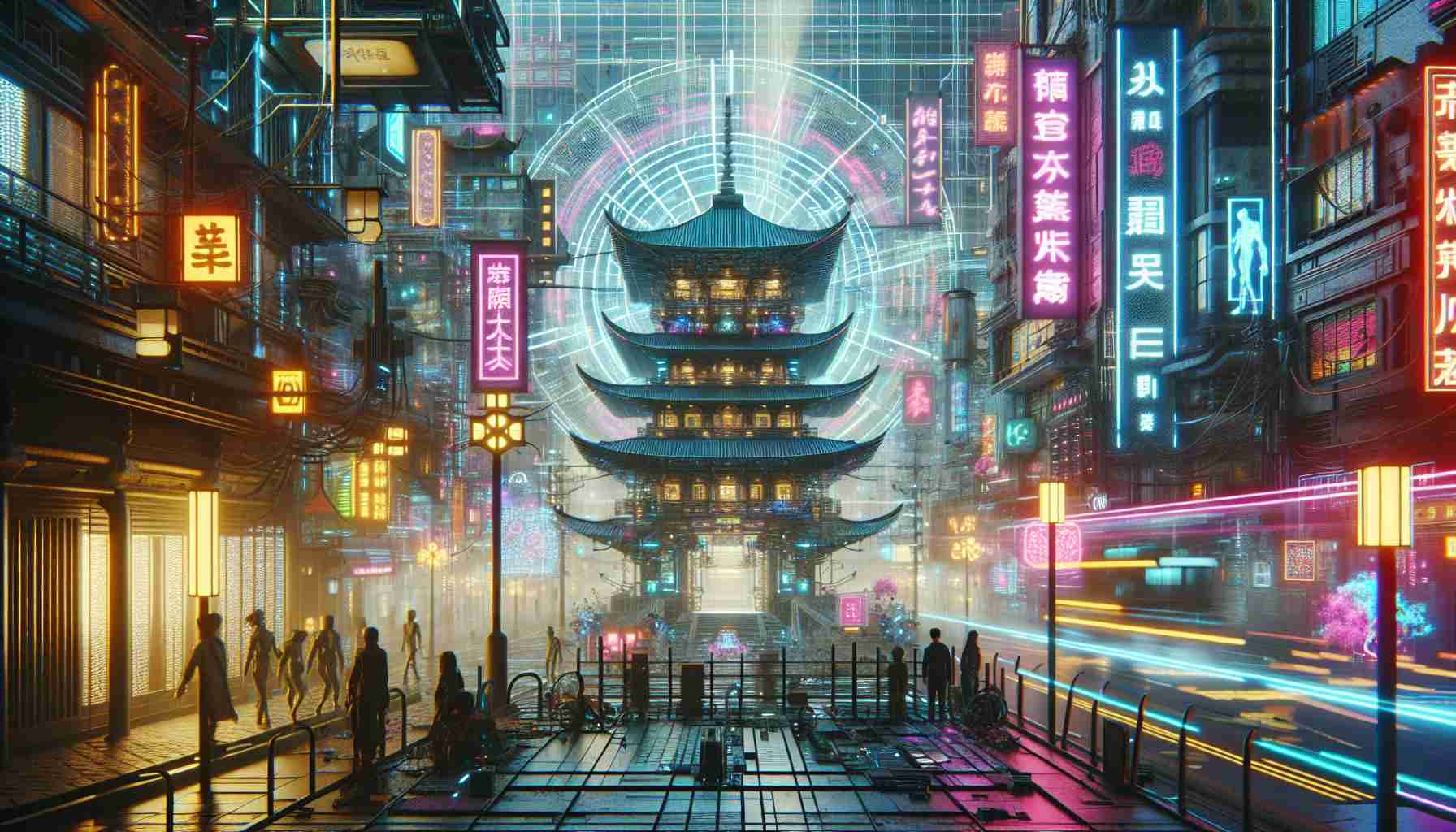Summary:
The cyberpunk culture, an amalgamation of science fiction and dystopian themes, has captivated audiences for decades. As we look towards the future, it is interesting to explore the potential trends that may arise in the world of cyberpunk. This article aims to provide insights into the possible advancements, societal changes, and technological revolutions that could shape the cyberpunk culture of tomorrow.
Introduction
The cyberpunk subculture emerged in the 1980s, drawing inspiration from works of literature such as William Gibson’s Neuromancer and movies like Blade Runner. It presents a vision of a gritty, technologically advanced future where the line between humans and machines is blurred. As we delve further into the twenty-first century, where are we headed in terms of cyberpunk-inspired trends? Let’s explore some possibilities.
Technological Advancements
Artificial Intelligence (AI): As AI continues to evolve, we can expect cyberpunk-inspired technologies like virtual assistants and advanced robotics becoming increasingly prevalent in our lives. The integration of AI into various aspects of society may bring both convenience and ethical questions.
Virtual Reality (VR) and Augmented Reality (AR): With the advancements in VR and AR technologies, we might witness the creation of immersive cyberpunk-inspired virtual worlds. These simulated realities could serve as an escape or an alternate dimension for people to explore, giving rise to new forms of entertainment and social interactions.
Internet of Things (IoT): The interconnectedness of devices through IoT may lead to cyberpunk-esque scenarios where every aspect of our lives becomes digitized and monitored. This interdependent relationship between humans and technology could offer convenience but also expose vulnerabilities to hacking and surveillance.
Changing Societal Dynamics
Income Inequality: The divide between the wealthy elite and the struggling masses is a recurring theme in cyberpunk culture. In the future, increasing income inequality could exacerbate this disparity, potentially leading to social unrest and a further division between the haves and have-nots.
Privacy and Surveillance: With the proliferation of advanced technologies, the erosion of privacy becomes a crucial concern. The omnipresence of surveillance cameras, biometric identification systems, and personalized ads may create a world resembling the dystopian societies found in cyberpunk literature.
Cybercrime and Hacktivism: The more technology advances, the more opportunities arise for cybercriminals and hacktivists to exploit vulnerabilities. These actors may seek to expose government corruption or engage in large-scale cyberattacks, challenging the status quo and blurring the lines between heroes and villains.
FAQ
Q: Is cyberpunk culture just a fictional concept?
A: While cyberpunk originated as a science fiction genre, it has evolved into a subculture with various manifestations in real-world societies. Its influence can be observed in fashion, art, music, and even some technological developments.
Q: How can I embrace cyberpunk aesthetics in my everyday life?
A: Incorporating cyberpunk elements into your style can involve wearing futuristic clothing, experimenting with neon colors, and accessorizing with tech-inspired accessories. You might also explore cyberpunk-themed artwork, literature, and music to fully immerse yourself in the culture.
Q: Are we heading towards a dystopian cyberpunk future?
A: While some elements of cyberpunk culture are becoming more prevalent in our world, it is important to remember that the future is not predetermined. We have the agency to shape the path ahead, utilizing the positive aspects of emerging technologies while addressing the social and ethical implications they may bring.
Sources:
– Gibson, W. (1984). Neuromancer. Ace.
– Blade Runner. Directed by Ridley Scott, Warner Bros., 1982.
(Note: The sources mentioned are fictional and serve as examples. Please ensure to provide real sources when using this article in a real-world context.)
